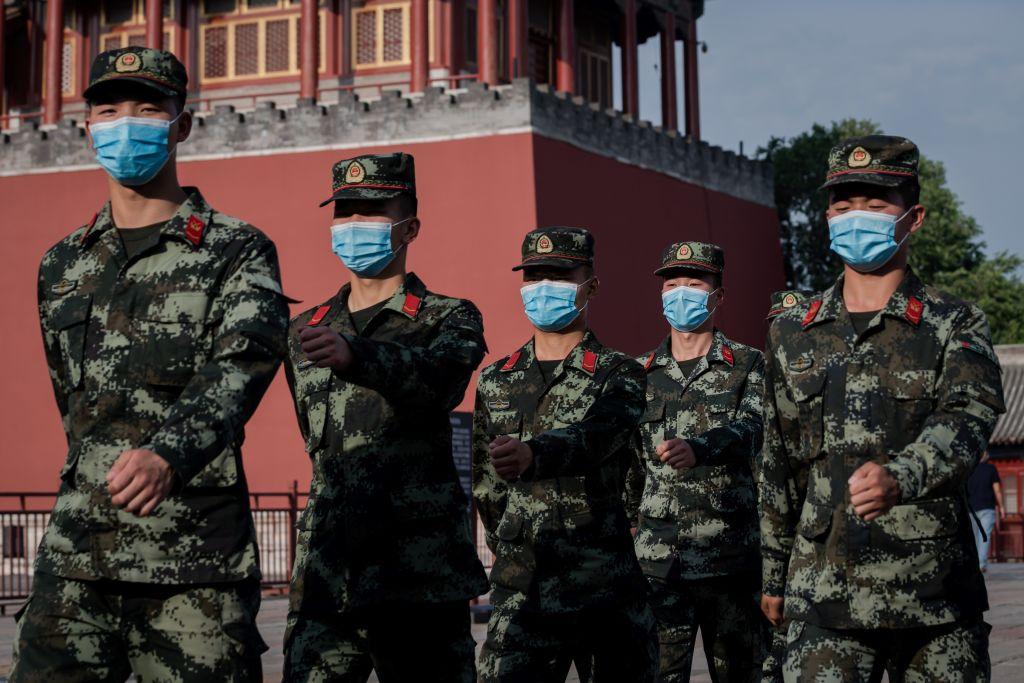Senior members of Britain’s ruling Conservative party have called on Prime Minister Boris Johnson’s government to play a leading role in the international response to the Chinese regime’s human rights violations.
Benedict Rogers, co-founder and deputy chair of the Commission, said while the abuse in Xinjiang and Hong Kong have attracted increasing international attention, “it is worth remembering that numerous groups in China are under attack,” including Christians, the Falun Gong spiritual movement, Tibetans, human rights defenders, activists, and lawyers.
Rogers said it is time for “a recalibration and a reset” in the Sino-British relationship and in UK strategy towards China.
The report, entitled The Darkness Deepens: The Crackdown on Human Rights in China 2016-2020, was endorsed by senior Conservative politicians including former foreign secretary and Tory party leader Lord Hague, former party leader Iain Duncan Smith, former foreign secretary Malcolm Rifkind, and the last governor of Hong Kong Chris Patten.
“The evidence presented in this report is of a wide range of human rights abuses: torture, arbitrary arrest, and forced confessions accompanied by a clampdown on freedom of religion and the incarceration of huge numbers of people in Xinjiang,” said Lord Hague.
“We should condemn such abuses anywhere in the world, and China cannot be an exception to that. However we conduct our relations with China in the future it is important to have our eyes fully open,” he said.
Chris Patten said this report gives “a terrifying view of the cruelty” of the Chinese regime, which has “assaulted any sign of dissent and has set about building a totalitarian surveillance state beyond George Orwell’s imaginings.”
Tom Tugendhat, chair of the House of Commons Foreign Affairs Committee, said the UK and its allies must “rethink our relations with China’s dictatorship.”
“The use of abhorrent practices such as the imprisonment and torture of dissidents, mass surveillance, organ harvesting, and the use of slave labour shows the Chinese Communist Party for what it is.”
Sir Iain Duncan Smith said the “catalogue of atrocities” revealed in the report “demand the urgent attention of and action by the international community.”
“The UK government must lead the free world by sending a clear message that China must stop these abusive behaviours,” he said.





